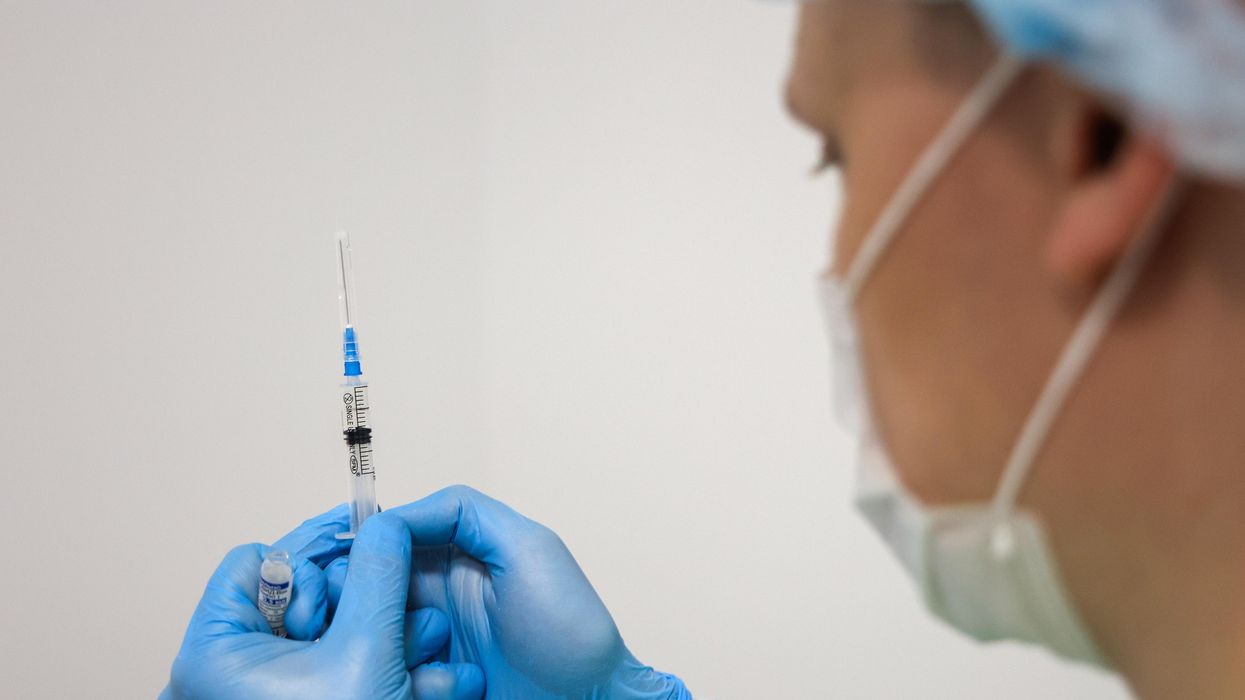
Andrey Rudakov/Bloomberg via Getty Images

The COVID-19 vaccines manufactured by Pfizer and Moderna create a "persistent" immune response and appear to grant long-lasting protection against the SARS-CoV-2 virus, according to a new study.
The new research, published in the journal Nature Monday, is optimistic news in the ongoing discussion on whether individuals will need future booster shots to maintain their immunization to COVID-19 after being fully vaccinated.
According to a New York Times report on the study, the findings provide evidence that individuals who have been fully vaccinated against COVID-19 with mRNA vaccines may not need boosters, provided the virus and its variants do not significantly evolve. The study also suggests people who've recovered from COVID-19 before being vaccinated may not need booster shots even if the virus does mutate unpredictably.
"It's a good sign for how durable our immunity is from this vaccine," Ali Ellebedy, an immunologist at Washington University in St. Louis and one of the study's lead authors, said.
Ellebedy's team examined the lymph nodes where immune cells "train" to recognize and fight the virus. After a person is infected with the virus or vaccinated against it, a structure called a germinal center forms in lymph nodes. Within this germinal center, immune cells called B cells memorize the various genetic structures of the virus and adapt to be able to attack variants that may later enter the body.
In short, over time the body's B cells evolve to provide a person with immunity both against SARS-CoV-2 and possible variants. The researchers investigated whether those vaccinated with the Pfizer and Moderna vaccines had anti-COVID B cells in their germinal centers and found that after 15 weeks the immune cells were both present and active, showing no signs of decline.
"The fact that the reactions continued for almost four months after vaccination — that's a very, very good sign," Ellebedy said.
It appears that a vast majority of vaccinated people will be protected against the existing viruses that cause COVID-19 for the long haul. Older adults, people with weak immune systems, and individuals who take drugs that suppress immunity may need booster shots; people who were infected with COVID-19, survived, and were later immunized may never need them at all.
The protection provided by mRNA vaccines could last a lifetime, assuming that no future evolution of the coronavirus changes so significantly that the body's immune cells cannot fight it off. Whether booster shots will be necessary depends on how the virus continues to evolve, but should they be needed scientists believe they will be effective in getting the body to create immune cells to fight off the virus.